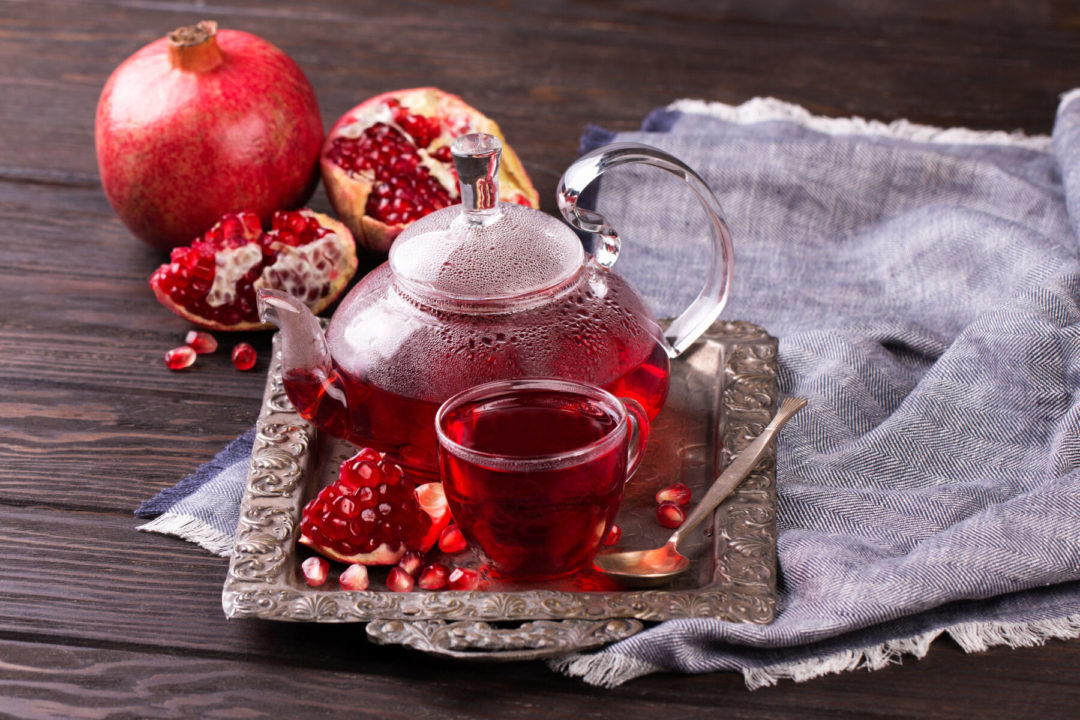Pomegranate seeds can be consumed raw, or after being pressed into pomegranate juice. For supplements, the whole fruit, rind, seed, or seed oil can be processed into a variety of forms, including a powder or extract.
A press release on the topic notes that there are at least three different forms of adulteration reported in pomegranate products:
- Pomegranate juices diluted with water or containing undeclared levels of juice from other, lower-cost fruits;
- Pomegranate products made mostly from unknown or unidentified lower-cost source materials, with little-to-no pomegranate constituents;
- Pomegranate extracts made with other polyphenols from non-pomegranate sources, or with extra ellagic acid, a naturally occurring polyphenolic compound found in pomegranate and many other plants, which can be extracted from lower-cost botanical sources and added to the product, “presumably to give the buyer a false sense of perceived value of the pomegranate extract.”
Related: BAPP Confirms Adulterated Materials Sold as Elderberry ABC Presents Annual Botanical Excellence Awards BAPP Publishes Laboratory Guidance Document on Olive Oil
The BAPB was co-authored by John H. Cardellina II, Ph.D., and Stefan Gafner, Ph.D., Chief Science Officer at American Botanical Council (ABC) and Technical Director of BAPP. The bulletin is an update of the article on pomegranate adulteration published inHerbalGramin 2016. The bulletin lists the known adulterants, summarizes current analytical approaches to detect adulterants, and provides information on the nomenclature, supply chain, and market importance of pomegranates. It was reviewed by 14 experts from the nonprofit medicinal plant research sector and the international herb industry.ABC Founder and Executive Director Mark Blumenthal, who is also the Founder and Director of BAPP, commented in the press release: “Five years have elapsed since our initial publication in 2016. At least two additional research papers have been published in the global scientific literature that confirm what we published in that first article; we believe it was time to revise our previous publication to demonstrate to responsible members of the global botanical industry that intentional adulteration and fraud in the pomegranate market continue to exist and that pomegranate ingredient and finished product buyers must be aware of new research and appropriate analytical methods.”
Gafner added: “Ellagic acid concentrations have become a marketing tool for pomegranate supplements, suggesting to industry members and consumers that higher levels represent more concentrated, more potent, and thus more efficacious extracts. This is despite clinical studies indicating that various pomegranate constituents—in addition to ellagic acid—are responsible for its pharmacological activity and beneficial health effects. As such, pomegranate products that do not contain certain naturally occurring pomegranate compounds such as the characteristic punicalins and punicalagins not only may be adulterated but also may not provide the expected health benefits.”
This is BAPP’s 23rdBAPB.It is freely accessible here,although registration is required.










